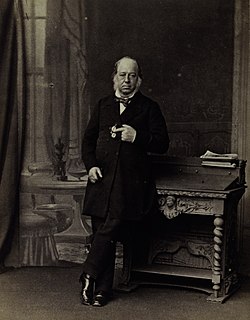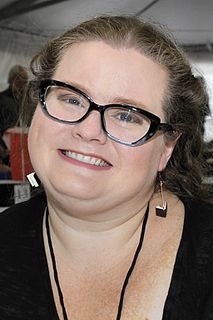A Quote by Pamela Druckerman
Although I wrote a book about infidelity around the world, I ended up concluding that fidelity is quite a good idea.
Related Quotes
The dream of romantic love is taken more seriously in North America than it is anywhere else in the world, which is why we believe in fidelity and why we believe in infidelity as well. It is also, of course, what makes our divorce rate as high as it is. Falling in love at first sight and instant gratification are part of the world in which we live, so there are people who believe adamantly in fidelity. They just don't believe in it for long.
My mother had died when I wrote my first book. I was twenty-seven, so it was right at the beginning of my writing life. I don't know if she had lived, if I would have done it, certainly not quite like I did. But, you can't rethink it. You wrote what you wrote, it meant something to other people, and that's your good.
Before I wrote The Power of Now, I had a vision that I had already written the book and that it was affecting the world. I had a sense there was already a book somehow in existence. I drew a circle on a piece of paper and it said "book." Then I wrote something about the effect the book had on the world, how it influenced my life and other people's lives, and how it came to be translated into many languages affecting hundreds of thousands of people.
Margaret Cavendish was one of the people who came up in the course. That was when I started thinking about her as a character for a book, but my idea was for a totally different book. It had all these characters in it; Samuel Pepys was one of the main characters. He famously wrote these extensive diaries through the period that are really funny and sort of saucy, actually.
I wrote a book. It sucked. I wrote nine more books. They sucked, too. Meanwhile, I read every single thing I could find on publishing and writing, went to conferences, joined professional organizations, hooked up with fellow writers in critique groups, and didn't give up. Then I wrote one more book.






































